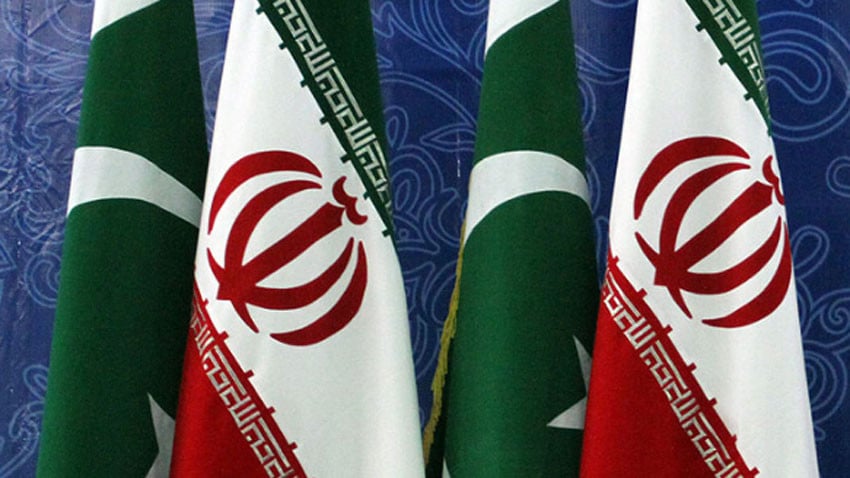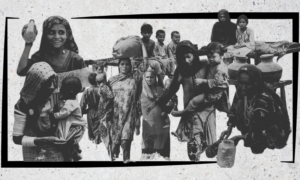ISLAMABAD:
Days after Pakistan and Iran were on the verge of a major conflict, the two countries decided on Monday to restore full diplomatic relations with the return of ambassadors to their respective capitals later this week.
“Following the telephone conversation between the Foreign Ministers of Pakistan and the Islamic Republic of Iran, it has been mutually agreed that ambassadors of both countries may return to their respective posts by 26 January 2024,” said a joint statement simultaneously issued by Tehran and Islamabad.
Also importantly, at the invitation of Foreign Minister Jalil Abbas Jilani, Foreign Minister of the Islamic Republic of Iran, Hossein Amir Abdollahian, will undertake a visit to Pakistan on January 29, the statement added.
The two countries would decide the future course of action and work on a new mechanism to prevent the recurrence of events of the last week.
Pakistan and Iran have been quietly working to evolve a new mechanism preventing the recurrence of events of the last week that for a moment jeopardise their longstanding relationship.
Read Iranian attack and our response: part of Middle Eastern politics
Pakistan and Iran may often boast about the “friendly and brotherly” relations but underneath does exist certain issues that cause suspicion in both the capitals.
At the heart of the problem are the concerns both sides often expressed privately about the use of each other’s soil by certain terrorist groups.
Pakistan has longstanding concerns that Baloch terrorist outfits find refuge across the border in the Sistan-Balochistan province of Iran. Tehran on the other hand pointed a finger at anti-Iran militant groups such as Jaish al-Adl having hideouts in Balochistan province in Pakistan. Iran gave the same justification for carrying out cross-border missile strikes under the pretext that it was aimed at Jaish al-Adl hideouts.
Pakistan, in retaliation, conducted strikes and pounded with bombs what it said were the sanctuaries of Baloch terrorists. Iran admitted that those killed in Pakistani strikes were not Iranians.
In the aftermath of the tit-for-tat attacks, Pakistan is keen to work with Iran on a new arrangement that prevents such incidents in the future. One proposal is to strengthen the existing mechanisms to enhance cooperation in the fight against terrorism. Instead of violating each other’s sovereignty, the two countries may deepen intelligence cooperation, according to sources.
These proposals would be discussed during the engagements between the two countries. Foreign ministers of Iran and Pakistan spoke twice since the tit-for-tat attacks and agreed to work closely to deal with the matter.
Pakistan, on its part, has no intention to escalate tensions. The National Security Committee (NSC) in its meeting on Friday carefully used language to send a message of conciliation and cooperation.
The high-powered civil military forum termed the tit-for-tat attacks as “minor irritants.”
Iran too, after Pakistan’s retaliatory strikes, toned down its rhetoric. Tehran stressed that it was adhering to the policy of friendly ties with Islamabad and that no external enemies could strain their cooperation.







